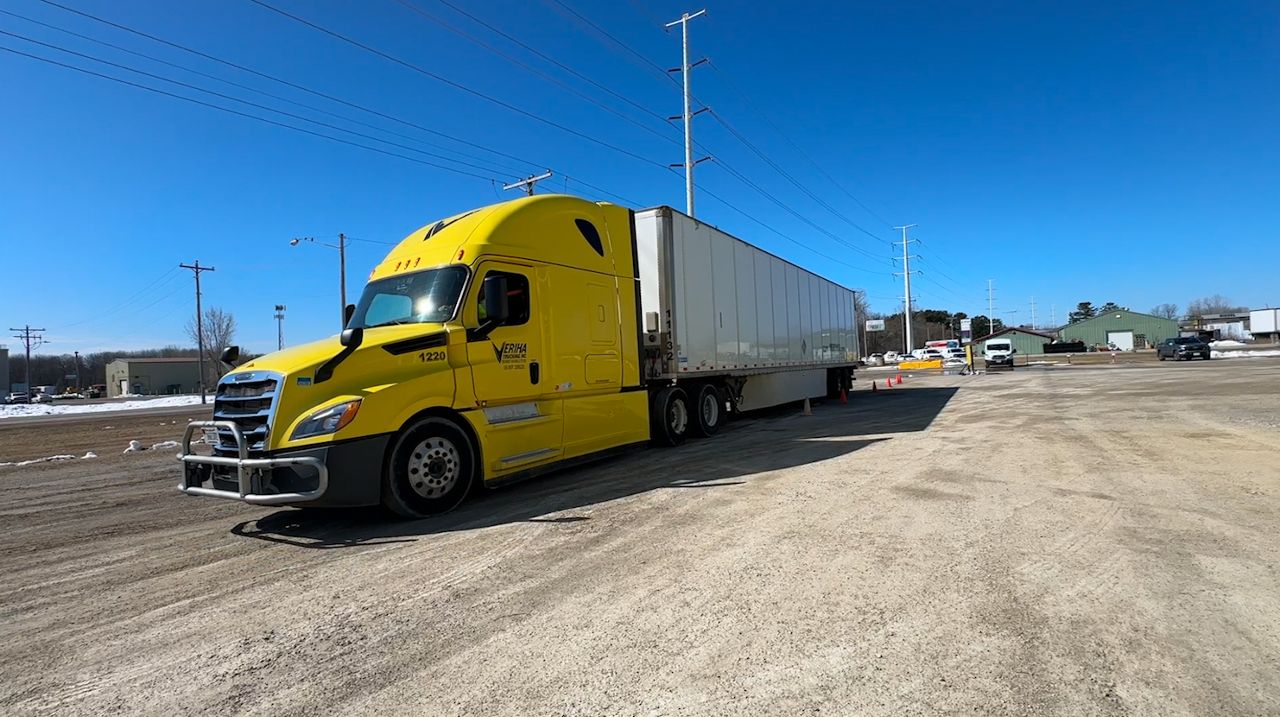MILWAUKEE — With less than two weeks to go before the 2024 presidential election, alongside a senate race and numerous local races, Wisconsin is in full election mode.
That means it is difficult to watch local TV or use the internet without seeing political advertising.
With money pouring in from campaigns and political action committees to air messages across the state, it may seem like most advertising on Wisconsin airwaves involves the election.
Several people walking through Milwaukee’s Third Ward told Spectrum News they’re growing tired of it.
“Any down moment that you throw on the TV you feel like you are going to see a political ad and that kind of sucks,” said Colin Miller, who was visiting Milwaukee from North Carolina but said he is seeing a similar number of ads back home.
Wisconsinite Luke Perry described the constant flow of ads as “a lot of noise.”
Michael Mirer is an associate professor of communications at the University of Wisconsin-Milwaukee, who studies political advertising strategy.
Mirer said Wisconsin’s swing state status is the primary reason it sees so many political ads during the election season compared to other places where election outcomes are more predictable.
“We have relatives in from New York right now and they have never seen this many political ads because they don’t get them in New York City because they are not a swing area,” said Mirer.
While political ads may seem repetitive, Mirer said they afford candidates — and political action committees (PACs) that support specific candidates or policy — a chance to share their message directly.
“Political ads are this opportunity for the campaign to distill a specific message. They can put what they want to say into a 30-second or 60-second formulation and that is different than how they communicate in other formats. When they do a press conference, they are maybe going to run into questions they don’t want to talk about,” said Mirer.
Many ads repeat frequently. They sometimes air several times per hour on the same television channel or social media platform. Mirer said that is to be expected.
“The reason why we see so many of these is that the messages don’t last that long. They hope that repetition is going to create a condition where the messages really land,” said Mirer.
As the clock ticks closer to Election Day, the number of undecided voters may dwindle. That’s one of the reasons late-campaign season ads often shift focus, according to Mirer.
“I think we are seeing a lot of these messages are about mobilization. Getting your own voters out to the polls, maybe even demotivating the other sides voters to the extent that is possible,” said Mirer.





?wid=320&hei=180&$wide-bg$)






